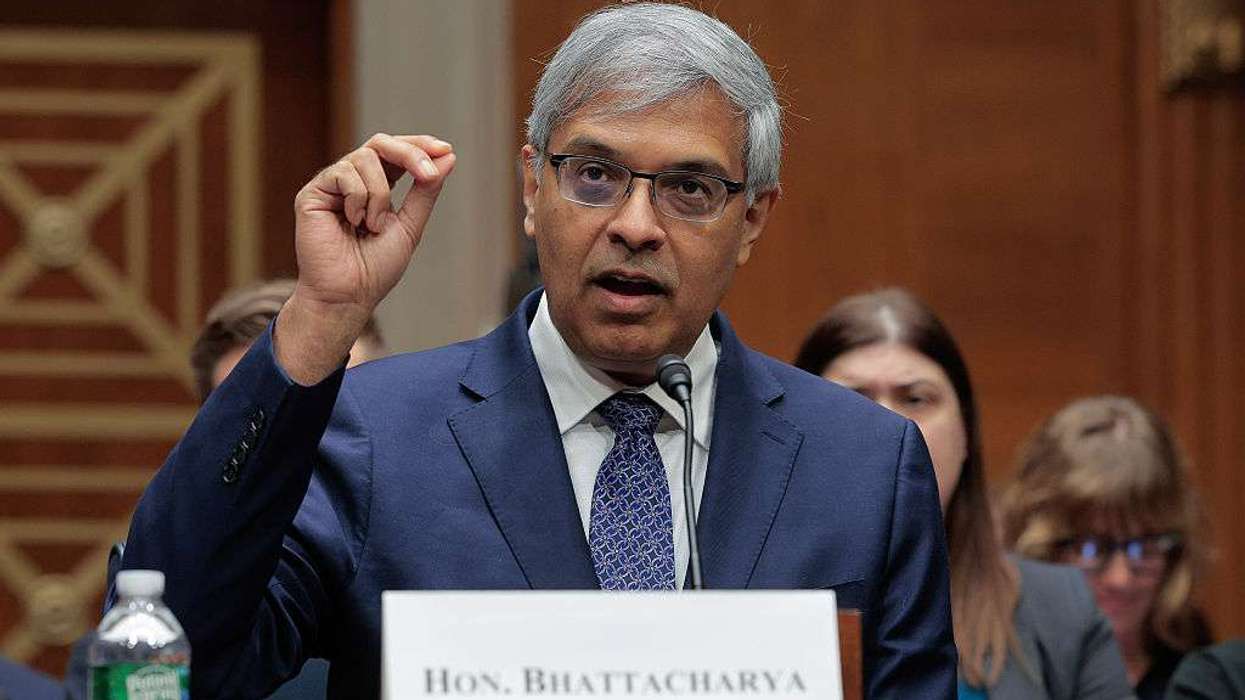TWENTY-THREE additional women have contacted police with allegations against Zhenhao Zou, a Chinese PhD student convicted in London last month of drugging and raping 10 women.
At the time of his trial, police had video evidence suggesting up to 50 more victims and were working to identify them. Detectives now believe the number of his victims is higher than initially estimated.
Two of the women who recently came forward spoke to the BBC. One alleged that Zou raped her in his hometown in China after spiking her drink, leaving her conscious but unable to move.
Another alleged she was drugged and assaulted in London, saying she woke up to find him filming the act.
Two victims whose testimonies led to Zou’s conviction also spoke to the BBC. One said she regrets not speaking up earlier, stating, “Maybe there wouldn’t have been so many victims after me.”
One of the women making new allegations, referred to as Alice, told the BBC that Zou assaulted her in London in 2021.
She only reported the incident after his conviction. She said she met Zou through mutual friends and was invited to his student accommodation.
After drinking from an already opened bottle, she said she became dizzy and sleepy. She alleged that she later woke up to Zou removing her trousers and filming her. She resisted and managed to leave after threatening to scream.
Another woman, Rachel, told the BBC that Zou drugged and raped her in 2022 in Dongguan, China.
She said she met him online and went to his home, where she was given a drink before losing control of her body. She initially decided against reporting it, fearing societal stigma.
The Metropolitan Police are investigating the new cases. Commander Kevin Southworth told the BBC that the number of victims is higher than previously thought.
A second trial has not been ruled out, and discussions with the Crown Prosecution Service are ongoing.
Two women, Beth and Clara, were the only victims police identified before Zou’s trial. They met online after Beth posted about her experience. Clara recognised the description and later provided testimony, which contributed to Zou’s conviction.
The Met Police have acknowledged initial failures in handling Beth’s case and are implementing additional training for officers.
Chinese authorities are working with UK police on the case. Investigators encourage more victims to come forward.





